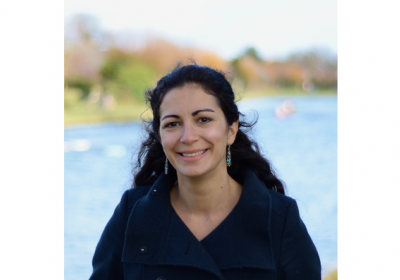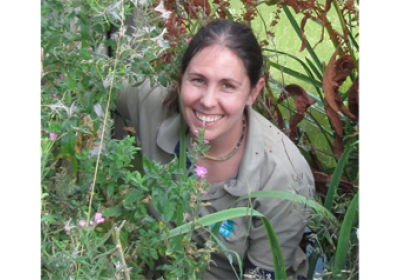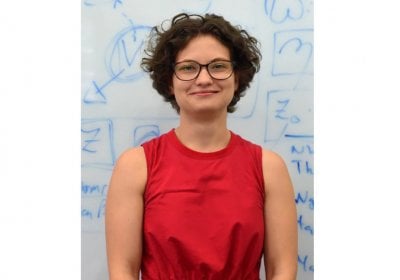Estimating the influence of social factors on treatment effectiveness of mass drug administration

Mass drug administration is the mainstay of treatment for neglected tropical diseases such as schistosomiasis (snail fever), soil-transmitted helminths (intestinal worms), and lymphatic filariasis (elephantiasis). During mass drug administration, eligible individuals in endemic areas are provided preventive chemotherapies irrespective of infection status; pills are safe to ingest for both infected or uninfected individuals.
However, blanket treatment misses at-risk individuals and confounds treatment impact. Treatment likelihood is influenced by household socioeconomic factors, and water, sanitation, and hygiene behaviours. In this talk, Goylette will present some results from an ongoing study tracking ~20,000 people during routine mass drug administration in rural villages bordering Lake Victoria in Uganda.
Dr Goylette Chami is a Research Group Leader within the Big Data Institute and Nuffield Department of Population Health at the University of Oxford. Previously, she held research fellowships at the University of Cambridge (Isaac Newton Trust, Wellcome Trust-Cambridge Centre for Global Health Research, and Junior Research Fellowship in Medical Sciences at King’s College Cambridge). She completed her MPhil and PhD, as a Jack Kent Cooke Fellow, at the University of Cambridge.
Her work combines quantitative and computational techniques with field epidemiology/parasitology to improve clinical outcomes in East Africa. She is particularly interested in improving the reach and effectiveness of preventive chemotherapies for schistosomiasis and hookworm infections. Areas of research include evaluating the access to medicines, identifying social determinants of current treatment effectiveness, assessing equity in patient outcomes, understanding the biosocial determinants of transmission and disease progression, and identifying the clinical and social consequences of coinfections.
This session will be live-streamed and recorded - accessible to both internal and external audience
Admission
Contact






